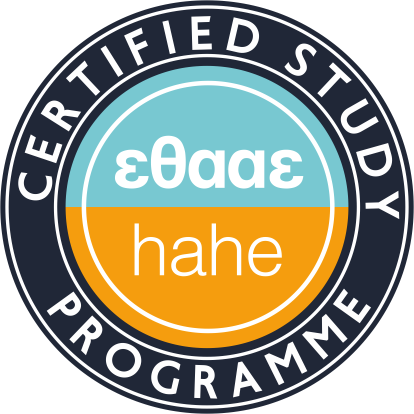Research
RESEARCH
The members of LFCA develop their research activities in various subjects in accordance with the development strategy of the Research Laboratory. Their research is funded by public and private resources from agencies in Greece and abroad. The research activities are summarized in the following sections:
Composition of foods and of by-products of food processing. Bioactive compounds.
- Composition of foods and by-products of food processing, with emphasis on bioactive compounds
- Food Composition Tables
- Analysis of volatile compounds for the assessment of food quality, spoilage and adulteration
- Isolation and identification of antioxidant compounds in medicinal and aromatic plants and foods of plant origin. Applications in foods. Isolation of secondary metabolites and study of their antioxidant activity.
- Anthocyanins: stability, uses a food coloring and bioactivity
- Advanced lipoxidation end products (ALEs)
- Olive oil analyses
- Chemical analysis of microbial fermentation products (wine, beer, olives etc)
- Chemical investigation and exploitation of by-products of the food industry as a source of high-value compounds (antioxidants, colorants)
- Μicrobial and food lipid analysis
- Metabolomics as a tool for investigating the quality of foods
Physicochemical and functional properties of foods and of hydrocolloids
- Physicochemical and functional properties of food
- Study of hydrocolloid solutions and gels using rheology, DSC etc.
- Thermodynamic incompatibility of biopolymer mixtures
- Development of new products with reduced sucrose
- Retention/ encapsulation of aroma compounds by biopolymer systems
- Biopolymer food applications (e.g. drying of aromatic plants, antioxidant activity of food etc.)
- Emulsions
- Gels
- Edible films and coatings
- Encapsulation
Nutritional quality of foods. Functional Foods. Dietary intake of population groups.
- Bioactivity of inorganic nutrients. In vitro models in the evaluation of bioavailability of nutrients from foods and meals.
- Glycemic response of foods and meals
- Effect on health bioindices of bioactive compounds, functional foods and of dietary models/behaviors
- Water intake and hydration of population groups
- Dietary intake of vulnerable population groups. Food security.
- Evaluation of nutritional interventions
- Investigation of nutritional habits and dietary models in the Greek population. Association with chronic disease. Exploitation of findings on development food and nutrition policies towards improving Public Health.

